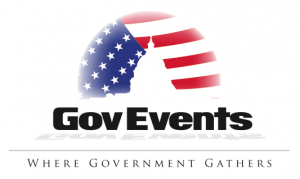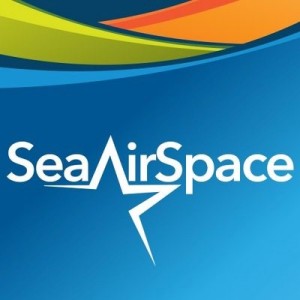 We continue our look at interesting facts about conventions past and present. The Democrats are the focus of today's post, with their convention slated for July 25-27 in Philadelphia, PA.
We continue our look at interesting facts about conventions past and present. The Democrats are the focus of today's post, with their convention slated for July 25-27 in Philadelphia, PA.
While the Democratic candidates' delegate counts heading into the conventions may not be as close as the Republicans', a nominee still needs to have at least 2,383 delegates out of 4,765 to secure the nomination. What gets a bit complicated is the Democratic Party's use of superdelgates, as they are not bound to align their votes with the outcome of a state's primary or caucus. While this seems counter intuitive to the democratic process, it actually falls in line with what the founding fathers envisioned. The Constitution originally allowed only state legislatures to elect U.S. senators until passage of the 17th Amendment. This was seen as part of our system of checks and balances to protect against votes of the "uneducated masses." Continue reading






